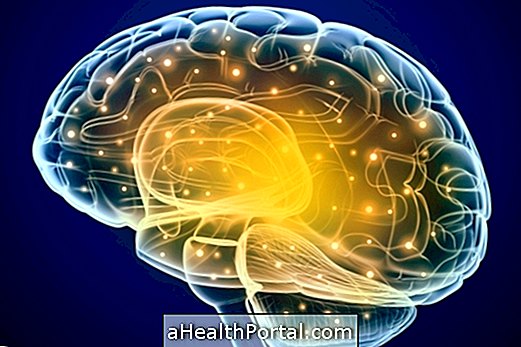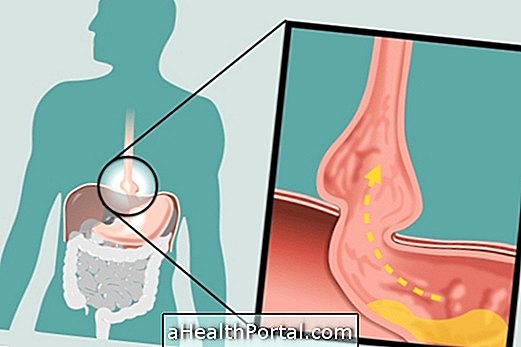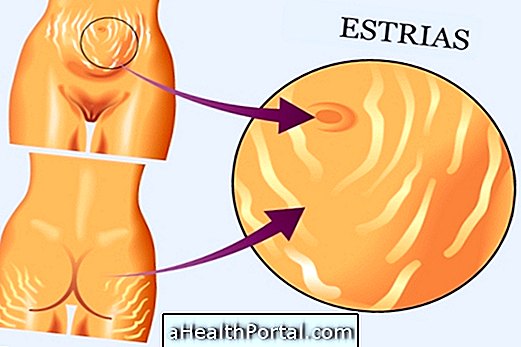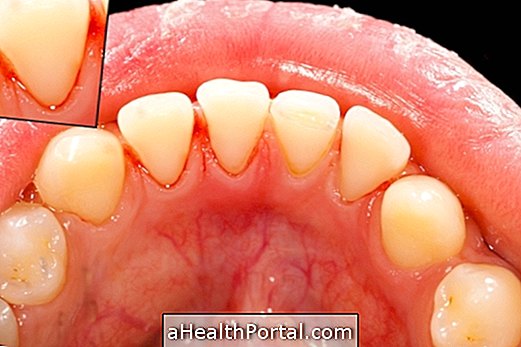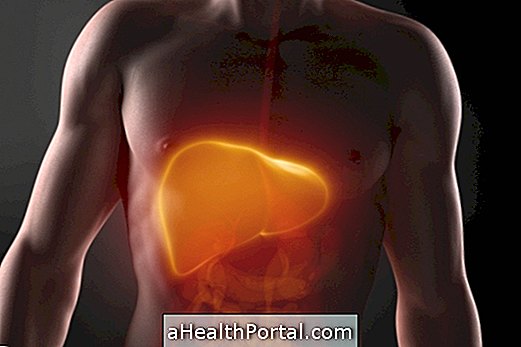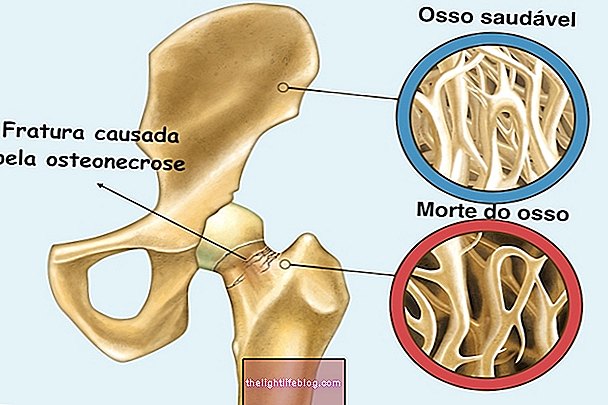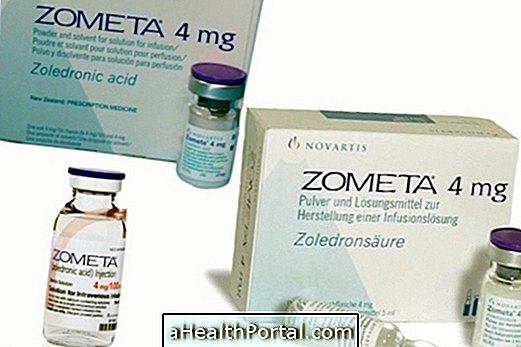Hartnup's disease is a rare and hereditary disorder characterized by the production of skin rashes and brain changes.
This disorder affects the way the body processes amino acids and the carriers of this disease can not absorb some amino acids at the level of the intestine and also do not convert tryptophan correctly, and as a consequence excrete them in excessive quantities in the urine producing very characteristic symptoms because certain amino acids remain in the body in much smaller amounts than normal consederates.
Hartnup's disease occurs when an individual inherits two genes recessive to the disorder, one from the father and the other from the mother.
Symptoms of Hartnup syndrome
Symptoms of hartnup disease can be triggered by sunlight, fever, by medications and even by emotional or physical stress and is characterized by rash on the areas of the body exposed to the sun.
These are symptoms that are usually present in people with hartnup's disease:
- mental retardation,
- short,
- headaches,
- unstable gait,
- falls
- fainting spells
- some psychological disorder.
A period of malnutrition almost always precedes an episode of rashes, which become progressively less frequent with age.
Most symptoms occur sporadically and they are caused by niacinamide deficiency.
To correctly determine hartnup disease one simply needs to do a urine test, which when positive for the presence of the disorder reveals a typical pattern of excretion of amino acids and their metabolic products.
Treatment
Prevention of seizures and symptoms of Hartnup's disease can be achieved by maintaining good nutrition and dietary supplementation with niacinamide or niacin, since a diet with an adequate amount of protein can overcome the deficiency caused by gastrointestinal malabsorption and by the excessive excretion of amino acids in the urine.






